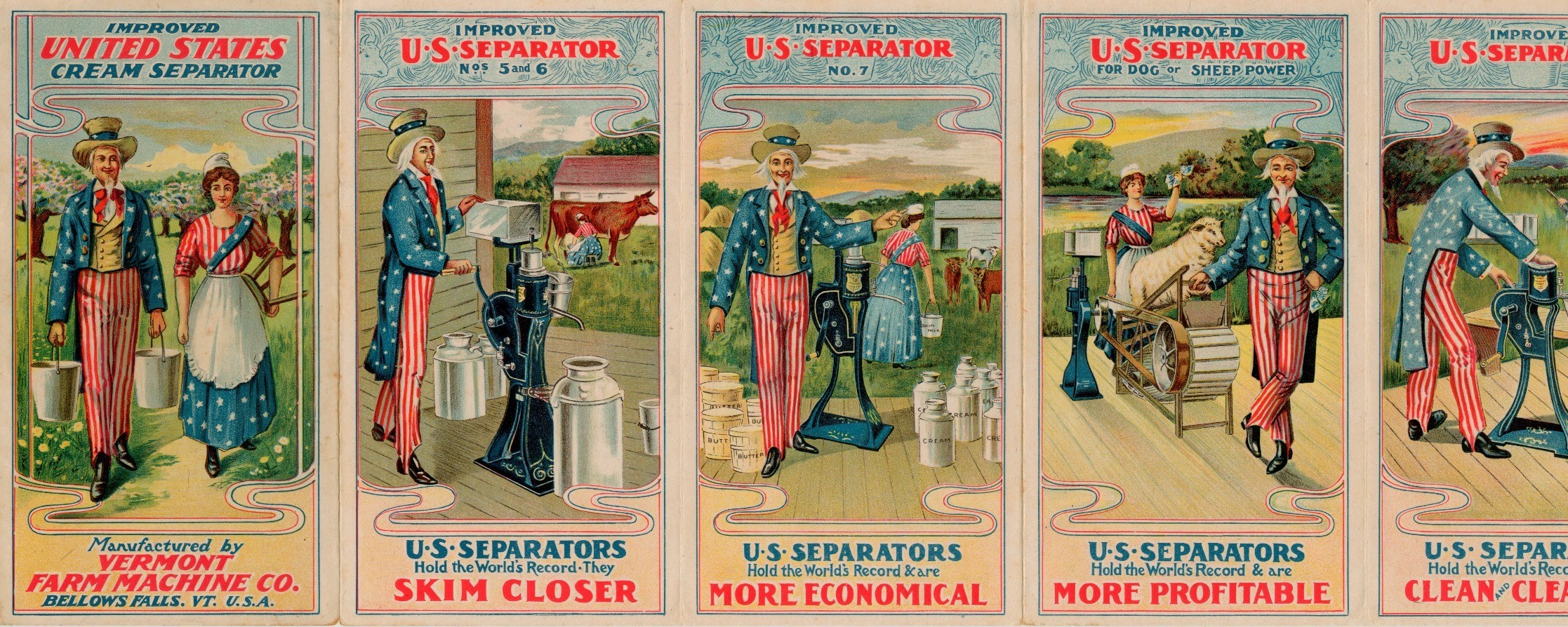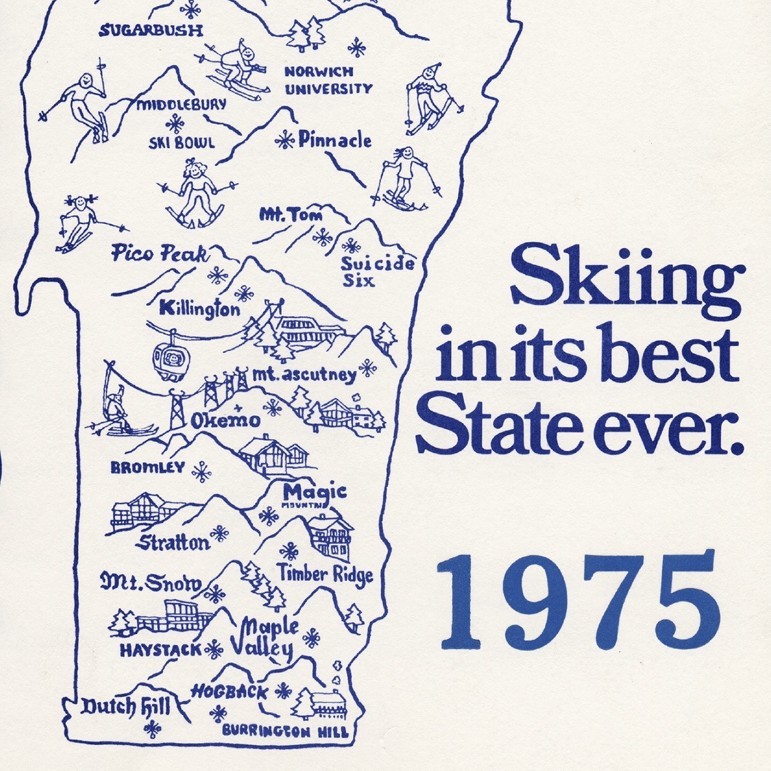Primary Sources

Historians use both primary and secondary sources to learn about history. For Vermont History Day, YOU get to be the historian who develops a thesis, analyzes primary and secondary sources, and uses evidence to support your argument.
For a topic connected to the theme of “Frontiers in History: People, Places, Ideas,” you could explore the 1970s counterculture movement in Vermont. During the 1970s, some ‘hippies’ quit their jobs in larger cities to move to Vermont. To ‘take back the land,’ many turned to farming and other sustainable life practices. They also formed communes and cooperatives in order to share new ideas with one another. You could explore not just the people, but also the ideas they stood for. What ideas did individuals fight against? What did they hope to accomplish? What was the short term and long term impact of the counterculture movement?
For a larger overview, you could start your research with secondary sources about the movement:
- magazine article: Counterculture in 1970s Vermont (Winter 2016/2017)
- podcast episode: From Communes to Commerce (2018)
- newspaper article: 1970s VT: Fears of a hippie invasion (2015)
- podcast episode: Those 'Aging Hippies' Who Moved to Vermont... Where Are They Now? (2018)
- book: Going Up the Country (2018)
As you read these sources, you might uncover information about the 1970s and a discussion of the impact of that era on Vermont today. What frontiers were crossed? What new ideas or places did people share or create?
You could learn more about people, places, and ideas by examining primary sources from the era:
- oral history interviews from Vermont 1970s Counterculture Project (collected in 2015-2016)
- photographs from Vermont 1970s Counterculture Project
- photographs by Rebecca Lepkoff (available at the Vermont Historical Society library)
- article The Bread and Puppet Theater, 1977
- video Where Do We Go From Here, 1976 (for historical context)
Why is this topic significant in history? That's for you to determine and to demonstrate using evidence from the primary and secondary sources that you can find online and in libraries and archives. Good luck choosing a topic and conducting your research!
See other Vermont history topic ideas: Frontiers in VERMONT History


